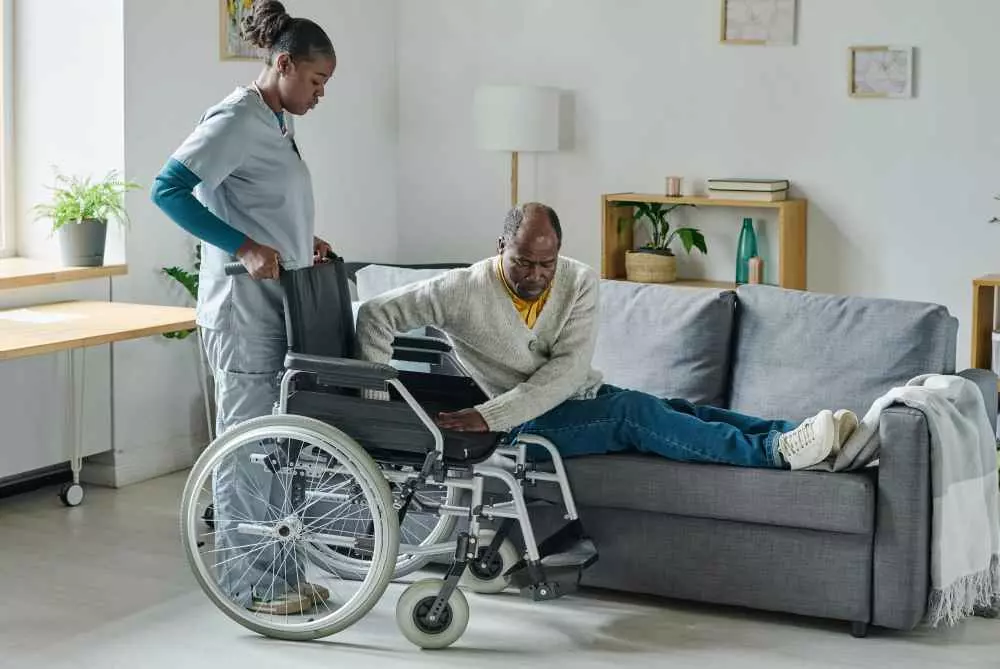Care of geriatric patients in nursing homes for the disabled
Care of geriatric patients in nursing homes for the disabled
Nursing homes for the disabled are increasingly providing care for geriatric patients. As life expectancy increases and the population continues to age, the needs of elderly people with various disabilities are becoming more apparent. Nursing homes for the disabled are therefore becoming increasingly involved in providing specialized care for geriatric patients.
Equipment for nursing homes
Caring for geriatric patients requires appropriate equipment for nursing homes. Movable beds with adjustable handrails, patient transfer lifts and specialized anti-decubitus mattresses are essential pieces of equipment. In addition, nursing homes should be equipped with specialized wheelchairs, walkers, and bathing lifts for patients who have mobility difficulties.
Specialized staff
Caring for geriatric patients requires qualified and experienced staff. The nursing home must have adequate staff, including doctors who specialize in geriatrics, nurses and medical caregivers. The staff should be trained to care for elderly people with various medical conditions and disabilities. It is also important that staff be sensitive to patients' needs and be able to provide them with emotional support and tailor care to individual requirements.
Individualized care plans
Each geriatric patient requires an individualized approach to care. The nursing home should develop an individualized care plan for each patient, taking into account the patient's medical condition, degree of disability, rehabilitation needs and lifestyle preferences. The care plan should be constantly updated to meet the patient's changing needs. Introducing a medical record system that allows care plans to be easily tracked and updated can greatly facilitate the work of staff.
Caring for patients' quality of life
The care of geriatric patients in nursing homes should not be limited to providing basic needs. It is also important to take care of patients' quality of life and try to provide them with as much comfort and satisfaction as possible. Nursing homes should organize a variety of classes and activities that are tailored to patients' abilities and interests. Regular social gatherings, occupational therapies, or rehabilitation activities can improve the well-being and quality of life of geriatric patients.
Providing support for families
Caring for geriatric patients also requires support for families. Nursing homes should involve patients' families in the care process and provide them with information about their condition and progress in therapy. Regular family meetings, psychological support and education about elderly and disabled care can help families cope with difficulties and increase awareness of the patient's needs.
Summary
Caring for geriatric patients in nursing homes for the disabled requires appropriate equipment, qualified staff and a personalized approach to care. By caring for patients' quality of life and providing support for families, nursing homes can improve care for geriatric patients and help them better cope with daily challenges.